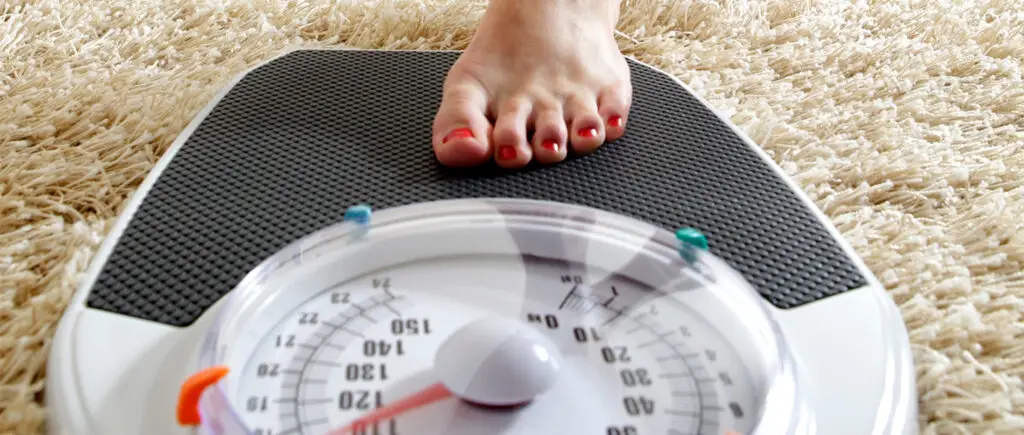What Parents Can Do To Help Overweight Kids
According to the Centers for Disease Control, sixty-nine percent of adults in the United States are overweight. In this society of inactivity and processed food, it’s not a surprise that people struggle with weight issues. Teens are no exception. The CDC reports that 20.5 percent of adolescents (ages twelve-nineteen) are categorized as obese. If your teen is overweight, for his health’s sake, take action. I don’t intend to meddle, but if you are overweight, you may need to do something about your own habits before you ask anything from your teen.
Overweight and obesity are complicated issues. Some kids have a family predisposition to being overweight, and others use comfort foods as a way of coping with their problems. Adolescent obesity has been linked with many health and emotional problems, such as depression, early puberty, high blood pressure, stress, and anxiety. Regardless of the situation, an overweight teen is often not a healthy teen, or she may be on the road to more physical and emotional problems down the road in adulthood. Just like so many other aspects of raising healthy teens, you will have to set the pace.
What Parents Can Do To Help An Overweight Teen
Good diet and exercise are always worth the pain. It’s the pain of discipline or the pain of regret. Here are some helpful tips to consider for helping an overweight teen.
- Denial isn’t a solution. It’s not unusual for parents of an overweight teen to simply deny that a problem exists. Whether it’s a matter of wishful thinking, a sense of failure as a parent, or one of resignation, denial won’t help your overweight
- Nagging doesn’t work. Parents who nag their overweight teen about losing weight are not effective in creating positive results. Such nagging may actually produce the opposite results. Research has found that if parents want their teen to eat healthier, rather than badgering their teen, they must adopt healthy lifestyle habits themselves.(1)
- Exercise is the answer. Experts recommend that kids on most, if not all, days get sixty minutes of moderate physical activity. Don’t allow your teens to veg in front of a screen for hours a day if they haven’t had enough exercise. Make it fun for them and, if you can, join them for some good old-fashioned family bonding. Kids watch what their parents do, and if the parents are veteran couch potatoes, they will have a harder time encouraging their kids to exercise.
- See that your teen gets a physical on a regular basis. Kids grow at different rates. Your teen’s doctor can determine if he is overweight or just waiting for a growth spurt to correct what may seem to be a weight issue.
- Make good nutrition an all-family strategy. Don’t just try to help your overweight child eat more nutritious meals and portions while you eat poorly yourself. Again, role modeling is important. Involve the whole family. And don’t put your teen on a diet unless your teen’s physician suggests it. Good eating and proper exercise will take care of most overweight issues.
- Teach alternative coping skills. If your teen uses eating as a coping mechanism to deal with problems, be sure that you get involved in teaching other more positive coping strategies.
- Make sure your teen eats breakfast. We’ve probably all heard the concept that breakfast is the most important meal of the day. For kids, this is especially true. Breakfast “sets the table” for your children, providing them with the energy they need to listen, learn, and be active in their school experiences.
- Offer your teen a wide variety of healthy foods. Make sure that your teen has well- balanced nutrition, including grains, vegetables, fruit, low-fat dairy products, and other low-fat sources of protein, such as lean meats and beans. Pay attention to fat. These days, nutritionists are concerned not only with the amount of fat but the types of fat. Smart parents are cooking with less fat.
- Try to limit your teen’s sugar intake. Keep an eye on the amount of sugar your child is eating. Many prepared foods have too much sugar. Watch especially the amount of sugar your child is consuming through sugar-sweetened sodas and fruit drinks. One authority on teen weight issues told me, “Parents should be more concerned about their children’s sugar addiction than drugs. More deaths are caused in our lifetime from poor eating habits than drug use”.
(1) Parental nagging won’t shift teen weight, Press Release, from study published in the journal, Appetite, via MedicalXpress, January 21, 2016. Accessed online April 18, 2016 at http://medicalxpress.com/news/2016-01-parental-nagging-wont-shift-teen.html



